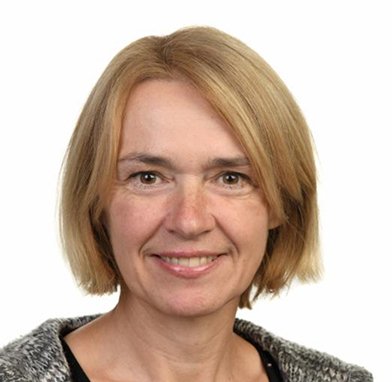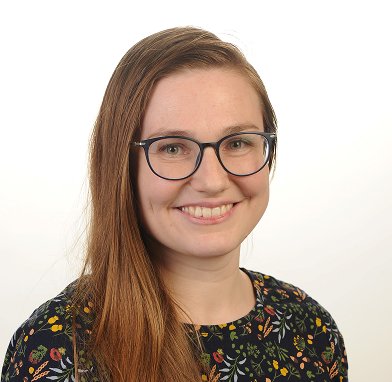HardMetal scrap electrolysis for recovery of valuable metals
Since the beginning of the 20th century, hard metals (HMs), also known as cemented carbides, have played a crucial role in both industrial and everyday life. They are utilized in a wide range of products, from cars and airplanes to electronic devices and household appliances. HMs also find applications in agriculture, food processing, textiles, construction, and industries such as oil and gas extraction, as well as in biomedical and surgical tools.
Read more

About us
Since 2011, the European Union has classified the primary components of HMs—tungsten (W) and cobalt (Co)—as Critical Raw Materials (CRMs) due to their significant industrial importance and high supply risks. As a result, it is urgent to maximize the recovery of W and Co from HM scraps. Currently, the industrial recovery rates for these materials stand at approximately 40% for W and 20% for Co. However, there is still substantial progress needed to meet the environmental and economic sustainability targets that are now mandatory.
The MESCEL project aims to tackle this challenge by developing an innovative and environmentally friendly electrochemical method for recovering W and Co from HM scrap. The primary objective of this project is to create an electrochemical cell that facilitates the recycling of tungsten carbide-cobalt (WC-Co) scrap, to completely separate W and Co. This process will utilize a neutral pH reactant and require low electric power, making it compatible with solar panel energy generation.
The main justification for this approach is the status of W and Co as Critical Raw Materials, combined with the limited number of mines in the EU, new China export control regulations (November 2024)and the high environmental impact associated with ore mining and refining. Recycling scrap with minimal environmental impact presents an ideal solution to ensure that the supply of these materials aligns with the principles of a green economy.

Project partners
Slovenian National Building and Civil Engineering Institute (ZAG) is a public research institute in the field of building and civil engineering and has many years of experience in implementing circular economy models and has been involved in 23 EIT RawMaterials projects and led 6 of them by now.
Role in the project: project coordinator, leading communication and dissemination, providing expertise in LCA analyses in microstructural analyses, including non-destructive 3D imaging using micro-CT.
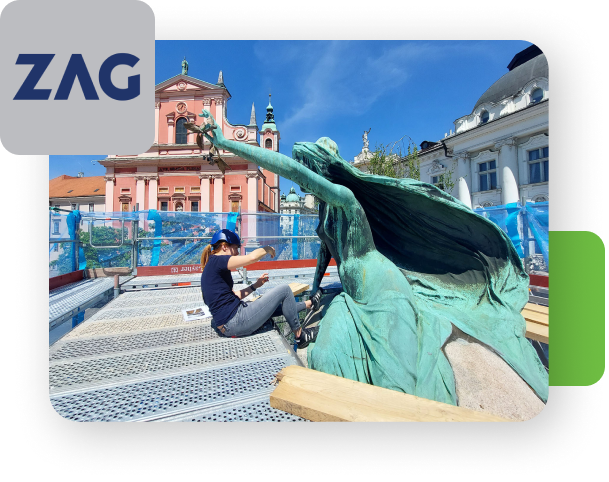
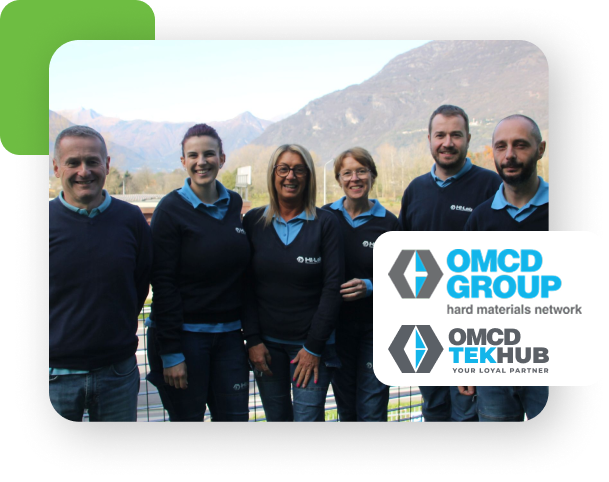
OMCD TEK HUB SpA is the flagship company of the OMCD Group, an Italian family-owned group of SMEs that has been active in the powder metallurgy of tungsten since 1948, the primary focus being the production of hardmetal tools and wear resistance parts. Presently, OMCD TEK HUB employs 110 individuals, contributing to the OMCD Group’s overall workforce of approximately 250 employees. The group boasts a cumulative turnover of around 50 million euros. Since the mid-1990s, the OMCD Group has being implementing a circular model economy, that today allows OMCD TEK HUB to emerge as a leading hardmetal producer in the European market, while keeping to 70% the content of secondary raw materials in its products. ROLE in the project: process design and optimisation, industrial validation, scale up, commercialisation of the HMs produced using the secondary RMs recovered by the process.
Role in the project: process design and optimisation, industrial validation, scale up, commercialisation of the HMs produced using the secondary RMs recovered by the process.
The Department of Energy of Politecnico di Milano (PoliMI) has strong research capabilities and achievements in the field of electrochemical materials science, based on the development and implementation of advanced electrochemical methods combined with a range of in operando spectroelectrochemical methods.
Role in the project: electrolysis process design and optimization, training, capacity building.
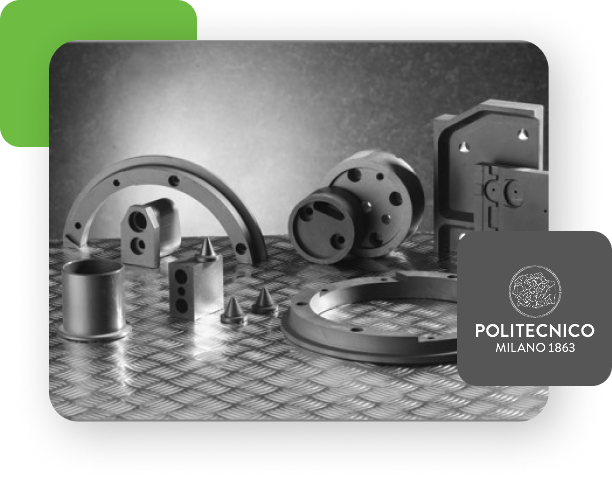
Contacts
